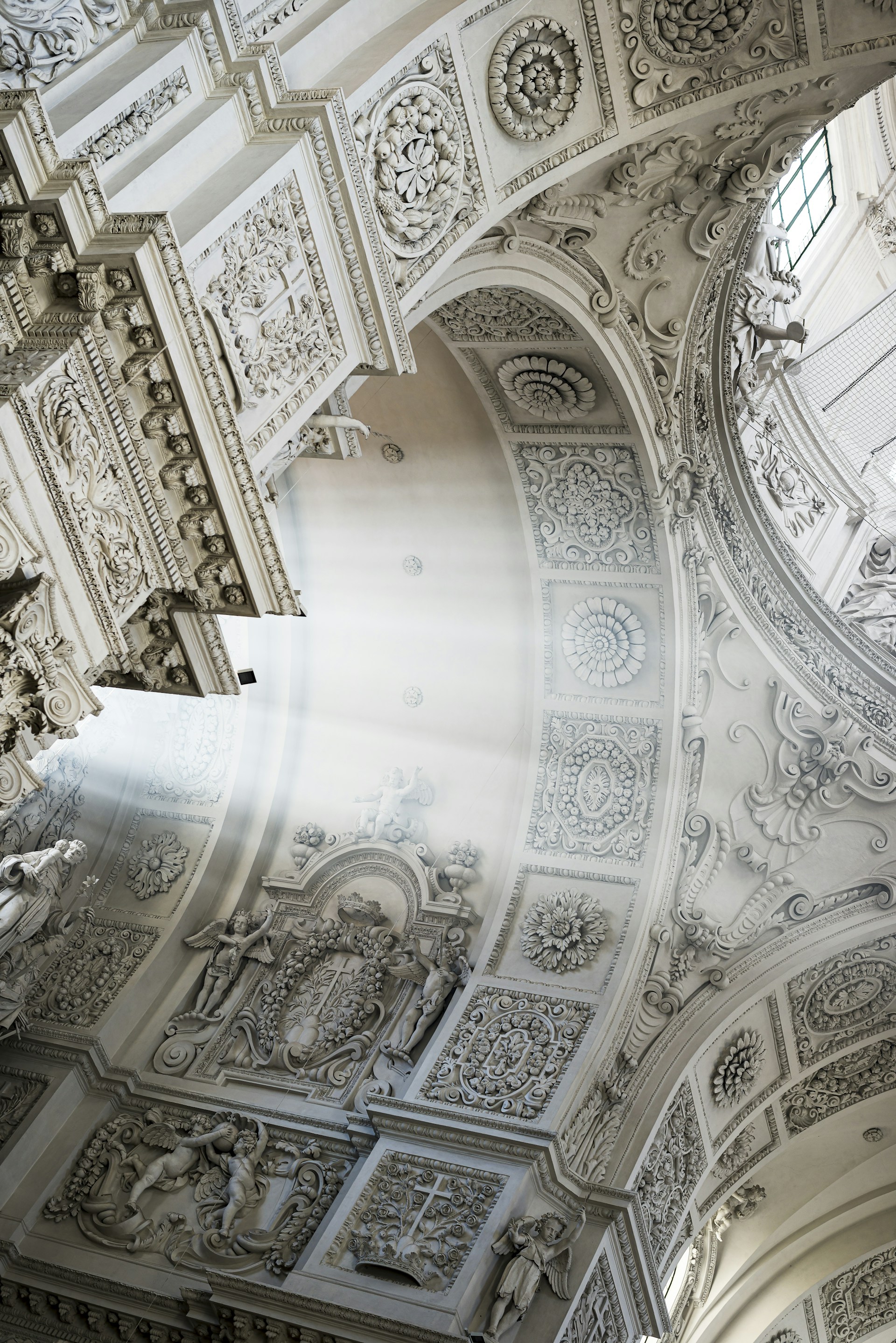
Recordare
Domine
A415
Johann Gottlieb Goldberg
(bapt. 1727 – 1756)
Johann Gottlieb Goldberg might just be the most famous composer whose music remains largely unheard. He is most famous for lending his name, as the probable original performer, to the renowned Goldberg Variations (BWV 988) of J.S. Bach. From an early age, his performance was distinguished by passion and testified to a talent for improvisation. In 1751 Goldberg joined the orchestra of Count Heinrich von Brühl, the first minister at the Dresden court, where he worked till his last days.




Johann Friedrich Fasch
(1688 – 1758)
Fasch is one of the most outstanding composers of Bach's time. Hugo Riemann (one the founders of modern musicology) regarded Fasch as one of the most important pioneers of the “mixed taste” that combines Italian, French and German style components. After Vivaldi and Telemann, Fasch seems to have been the most frequently performed German composer at the Dresden court, as a fruitful collaboration developed between Zerbst and Dresden courts, that lasted until the time of the Seven Years' War.


Johann Joachim Quantz
(1697 – 1773)
Quantz was appointed by August II, Elector of Saxony, as an oboist in the newly formed chamber ensemble "Polish Chapel" which was active both in Warsaw and Dresden. When Frederick II became King of Prussia in 1740, Quantz accepted a position as flute teacher, flute maker and composer. He joined at the court in Berlin in December 1741 and stayed there for the rest of his career. He made flutes from at least 1739 and was an innovator in flute design, adding a second key Eb, in addition to the standard D#) to help with intonation.
Carl Philipp Emanuel Bach
(1714 – 1788)
The period of the "Gallant musical style" and the beginning of classicism brought woodwinds and their players to their peak. C. P. E. Bach was one of the most important Berlin composers of that time. C. P. E. Bach left very important and unusual compositions for the flute and the entire flautist history and development path. In his twenty-eight years of service at the Prussian court, C. P. E. Bach became one of the most famous keyboard composers in Europe.




Giovanni Benedetto Platti
(c. 1697 - 1763)
Giovanni Benedetto Platti was one of the many Italian musicians who left their native land in the late 17th and early 18th century and headed north, to the countries whose inhabitants admired the fashionable Italian music. In 1719 the newly appointed Prince-archbishop of Würzburg, established a court Kapelle and engaged skilled Italian musicians like “oboista” Platti. Platti was the only Italian musician to remain in Würzburg until the rest of his life. His career was closely tied to the family of the counts von Schönborn, the patrons and connoisseurs of arts.


Fortunato Chelleri
(1690 – 1757)
In Venice, Chelleri enjoyed a successful career, writing seven operas between 1715 and 1722. This made him the youngest composer at the time to write operas for the Venetian theaters. Fortunato Chelleri was a typical example of the many eighteen-century Italian composers who travelled across Europe in search of work and recognition. In 1722 Johann Philipp Franz von Schönborn engaged him as Hofkapellmeister in Würzburg, together with Giovanni Benedetto Platti. Chelleri’s period in Würzburg, was perhaps the most productive and untroubled of his career.


Johann Wilhelm Hertel
(1727-1789)
Born in Eisenach, the German composer Johann Wilhelm Hertel studied with Johann Heinrich Heil, himself a former pupil of J.S. Bach. He served as a violinist and harpsichordist in the Strelitz court Kapelle, which he later directed until its disbanding in 1752. Contacts with Berlin musicians brought violin lessons with Franz Benda and encouragement in composition from C.H. Graun. In 1754 he became court composer and harpsichordist at Schwerin, subsequently to be appointed secretary to Princess Ulrike Sophie and finally privy councillor.
